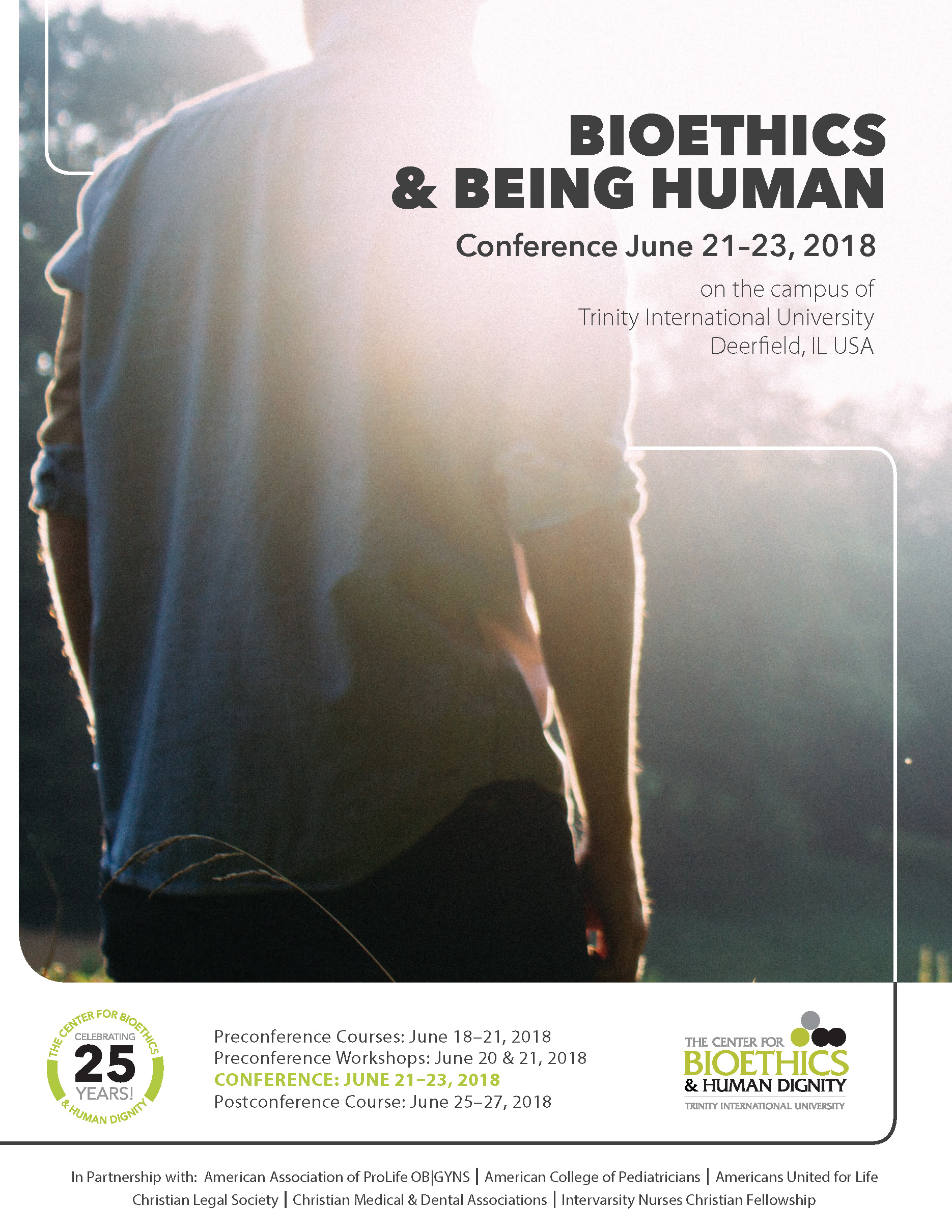
In a pediatric blood and marrow transplant (BMT) unit, the halls are eerily quiet. The doors to each patient room—solid wood with no windows—remain staunchly closed. Pediatric BMT patients represent a unique population within pediatric medicine, a population that is often forgotten. Isolated in their rooms for long periods of time, these patients can experience numerous psychological reactions, such as anxiety and depression, yet there is minimal research on interventions aimed at improving emotional well-being. Familial support has been shown to decrease distress, and the medical team often considers familial support (or lack thereof) in deciding whether or not to move ahead with a transplant. Yet what about children who do not have familial support? What of parents who have to work or have other children to take care of and cannot be present at the patient’s bedside? In this presentation, Stanley Hauerwas’s call to be with and for the suffering other will be extended by arguing that a call to be present with the suffering is a call for social justice. Working from Lisa Cahill’s concept of participatory theology, this paper will argue that a genuine Christian response to pediatric BMT patients and their families includes not just paying lip service to the importance of being with and for the suffering other, but also strives to provide practical social services to supplement (and in some cases even create) a community of support. In this way, we can support and hold the child as a moral agent with his or her own moral way of being in the world. By examining a case, preliminary practical suggestions for what this community might look like will be offered. In pediatric BMT care, medicine and theology not only can but must work together to create a morally habitable world for these pediatric patients and their families.